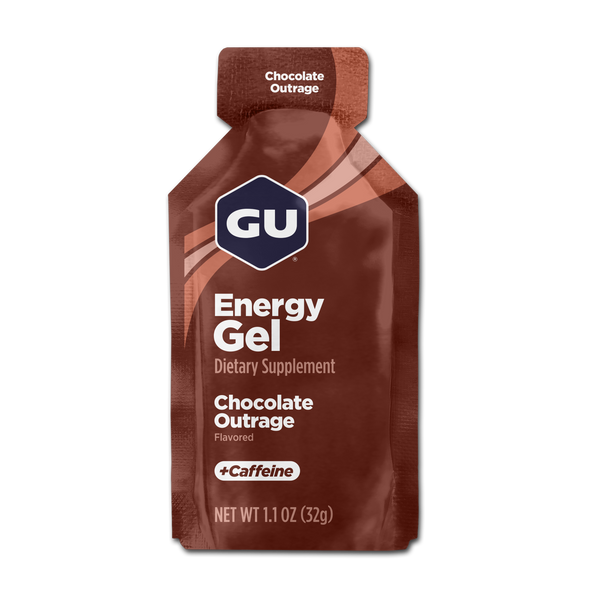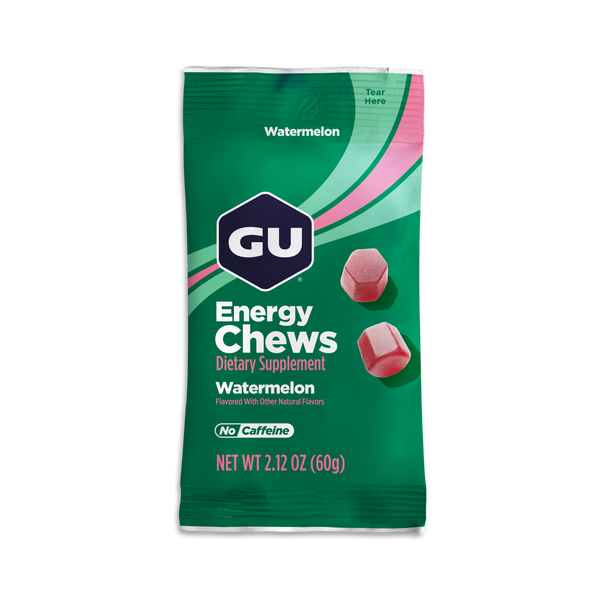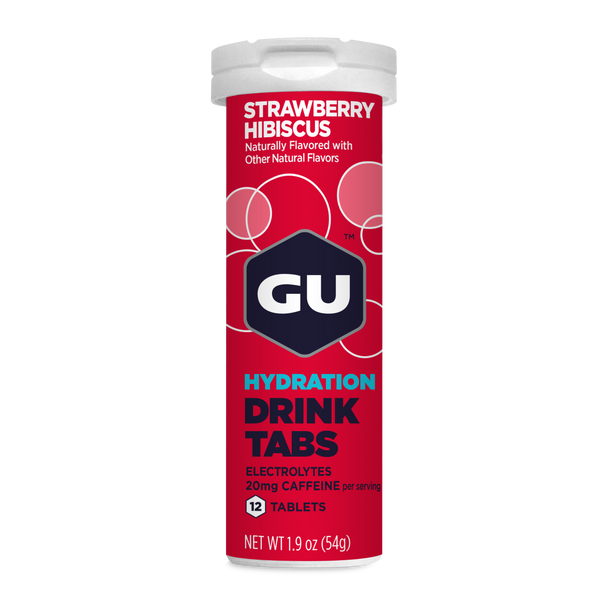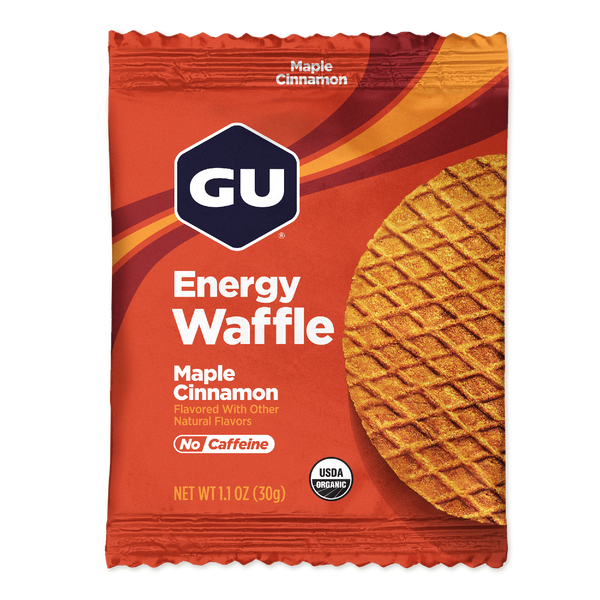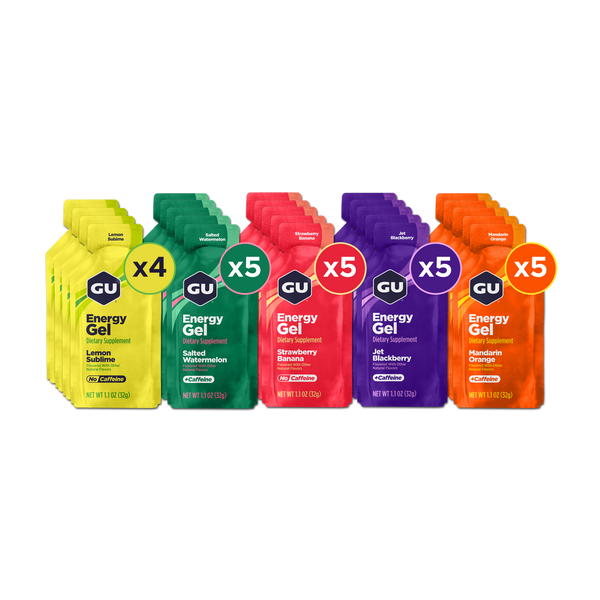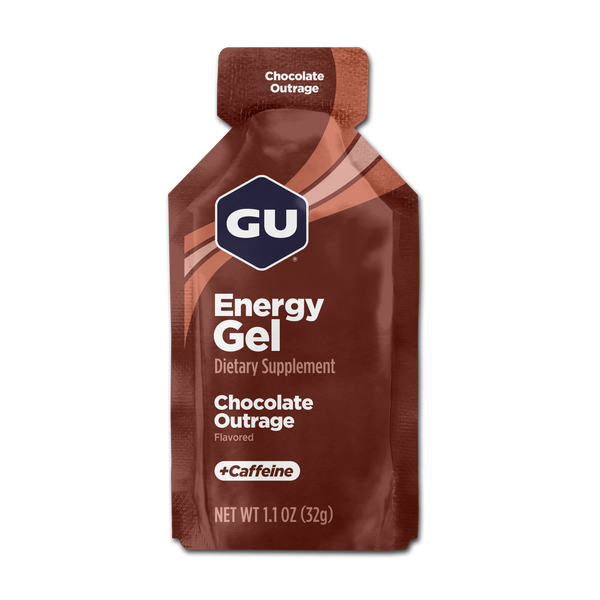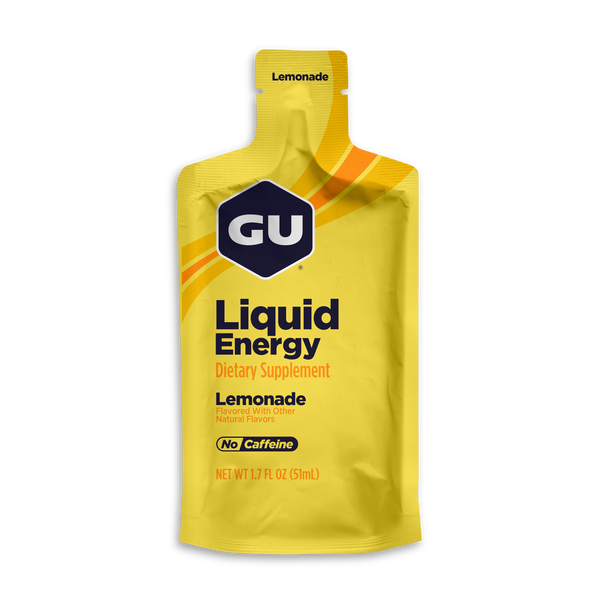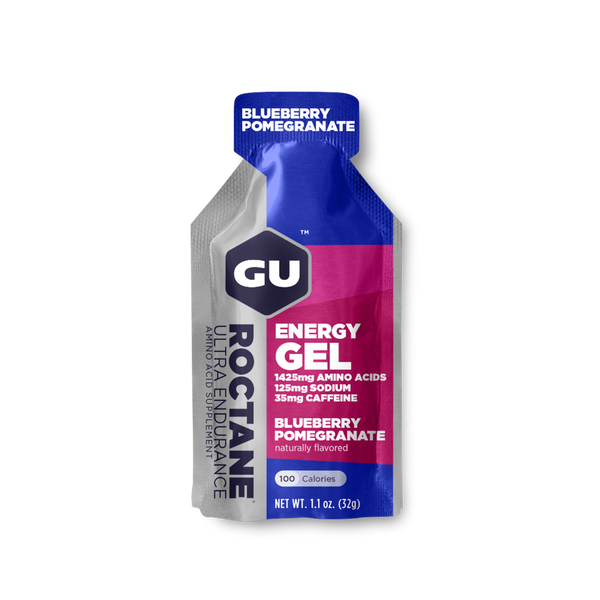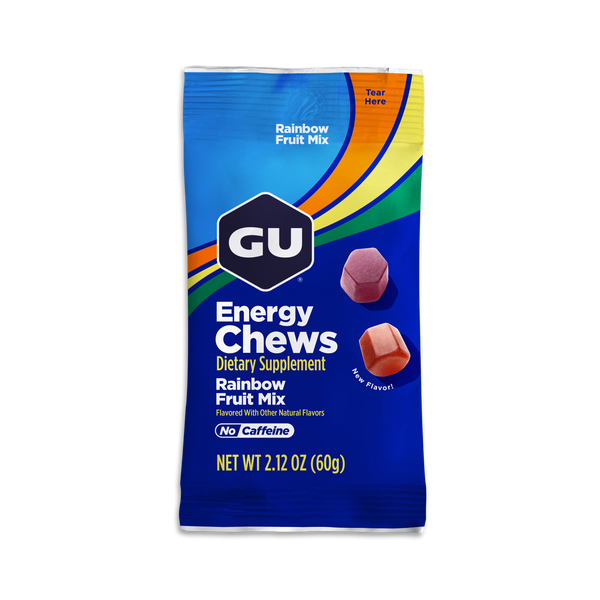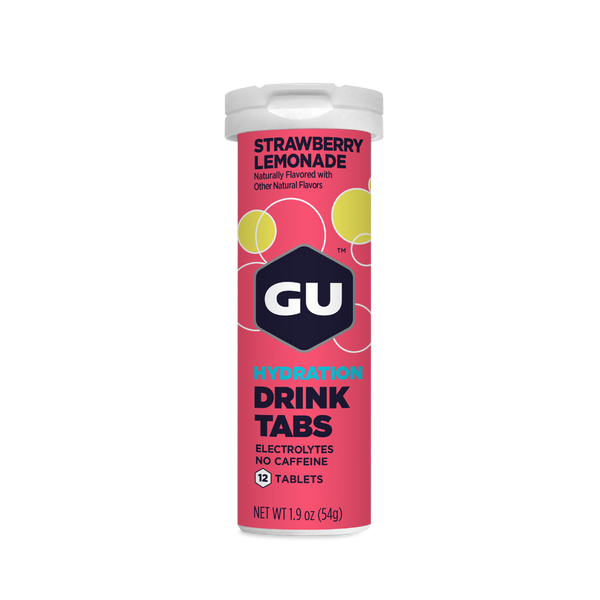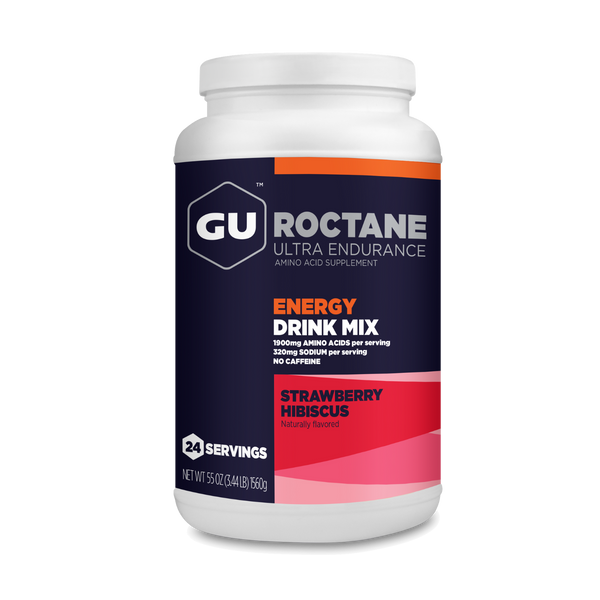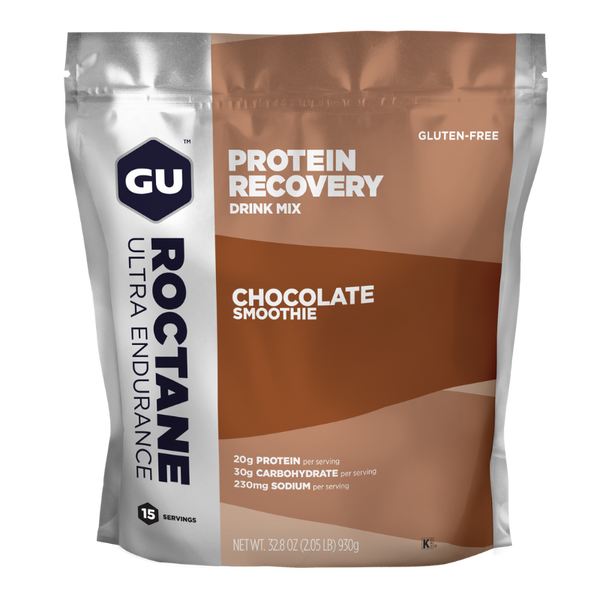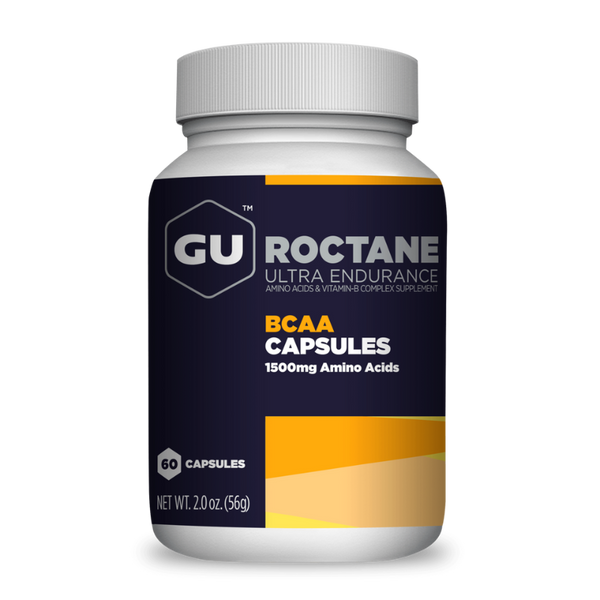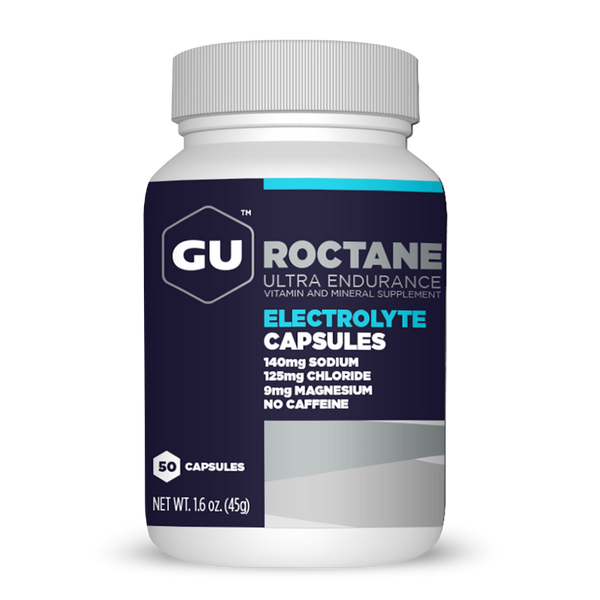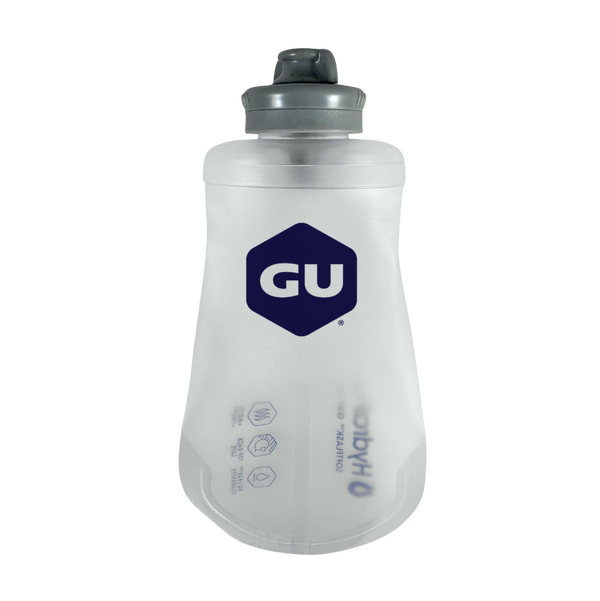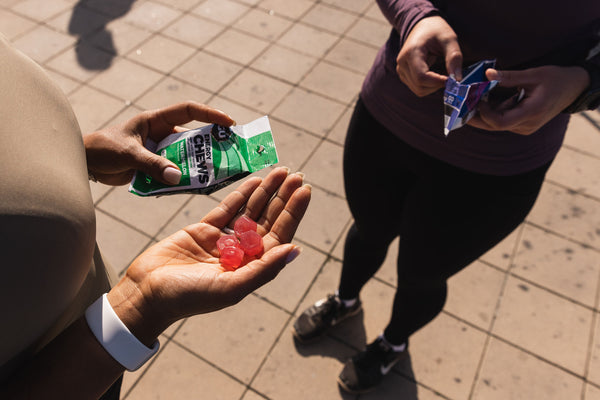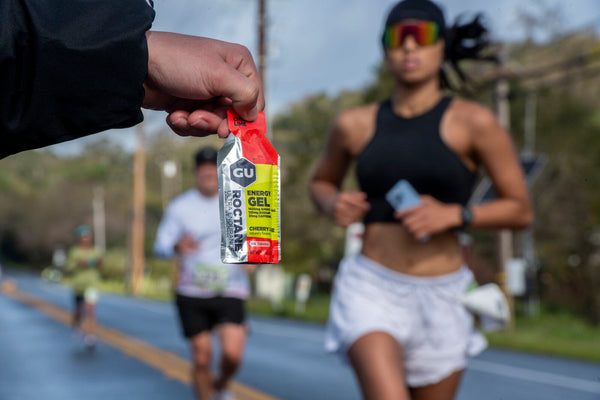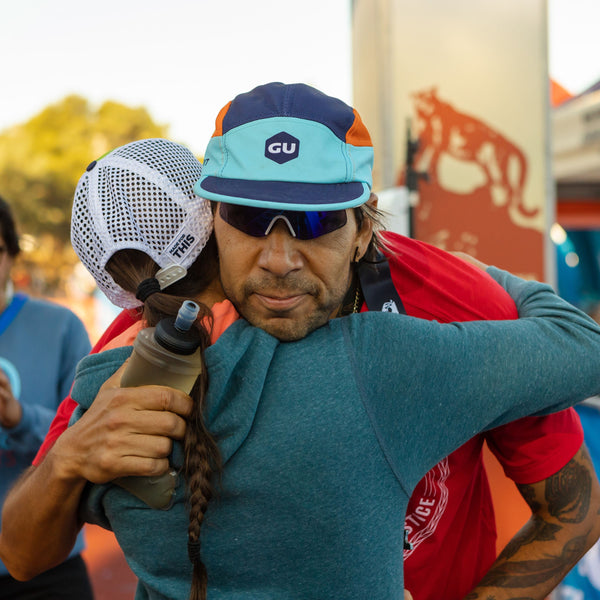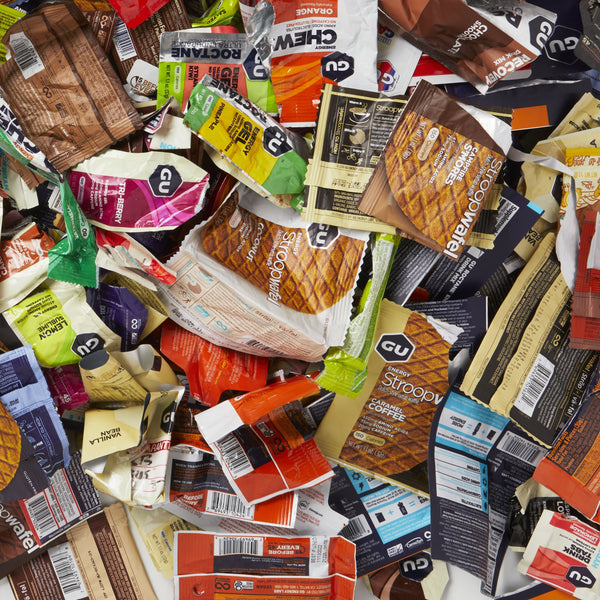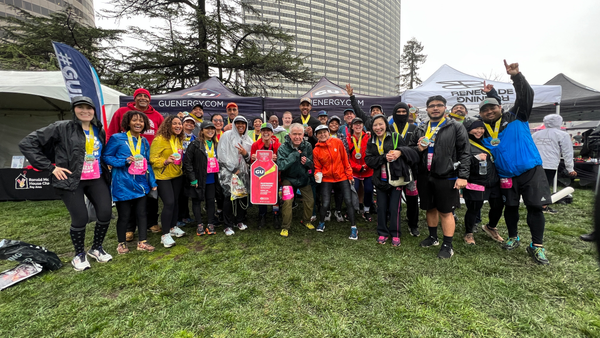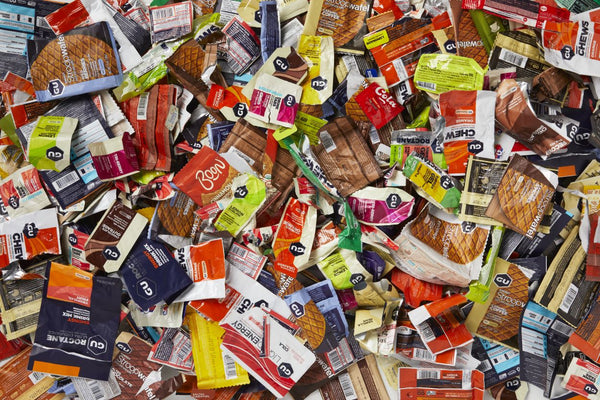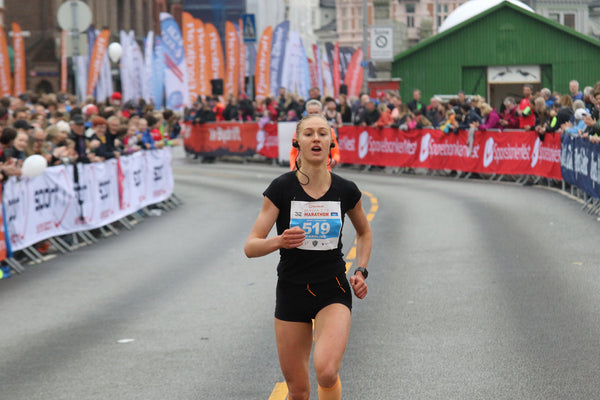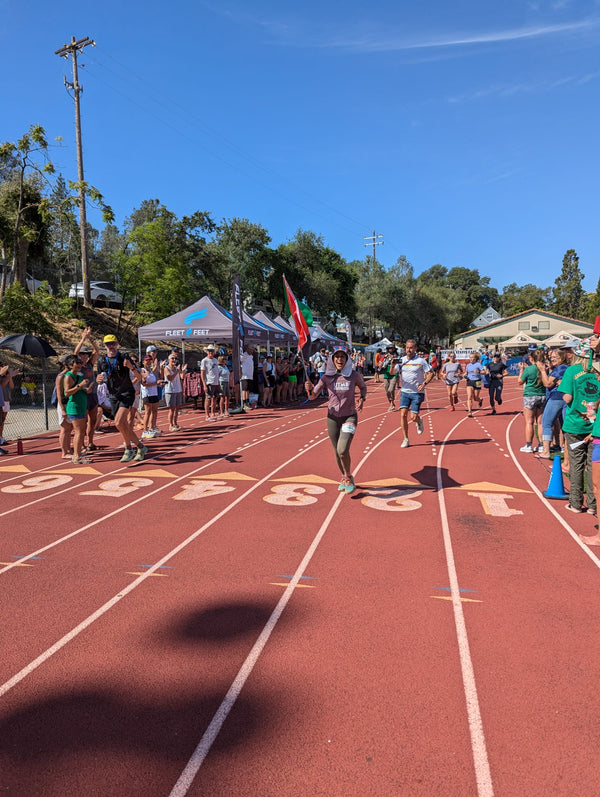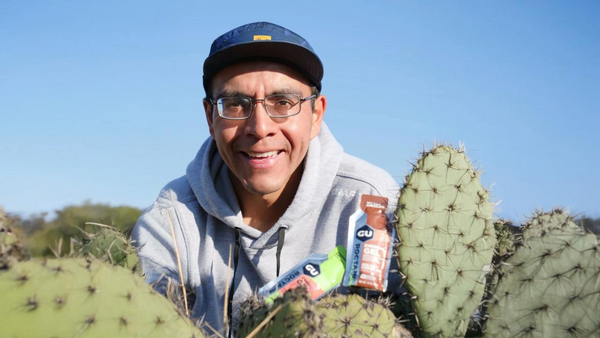How ultrarunner Keely Henninger is using her scientific research to help athletes
Ultrarunner Keely Henninger is no stranger to success in her sport. The 30-year-old is a former 50-mile National Champion as well as past winner of prestigious races such as Lake Sonoma 50 and Chuckanut 50k, and in 2021 she debuted at Western States 100 and finished in the top 10. Her success hasn’t come without setbacks though, and she has been quite open about her struggles with nutrition and resulting injuries. Henninger knows that one of the most important building blocks of victory is fueling properly, and in this field, she has a leg up: in addition to being a professional runner, she is a scientist who researches fueling behaviors of trail and ultrarunners so she can spread knowledge around proper fueling and help athletes reach their potential.
Henninger is one of six elite team athletes for GU Energy Labs who will be highlighted in 2023 because of her involvement in community work and charitable causes. We caught up with Henninger to hear more about her current research and how she is planning to apply her findings to her own athletic goals in the future.
GU Energy Labs: We’re big fans of your Trail Society podcast, so we’ve followed along as you’ve talked about your research for a while, but could you give us a quick summary?
Henninger: I am currently leading research with a fellow colleague out of Central Washington University who is the director of their sports nutrition program there. She's bringing the nutrition perspective to the research, and I have the applied research perspective. Our goal is to investigate trail and ultrarunners of all abilities and see how their fueling practices during training runs and races of varying distances may impact negative health outcomes. One outcome we are studying is risk of low energy availability, which is prevalent in female and male athletes, and is a result of chronically inadequate caloric intake to cover the energy demands of exercise and can result in negative health outcomes like increased risk for injury, hormonal disruption, and increased fatigue or irritability.
We’re also comparing fueling habits to risk of disordered eating and exercise dependence, which are both mental disorders that impact athletes’ relationships with food and exercise behavior. We are aiming to establish relationships between fueling habits and these health risks in order to see if neglecting fueling during long runs impacts health, and vice versa.
GU Energy Labs: This all sounds really important, like there could be a number of health impacts that athletes aren’t aware of. Can you describe some of your findings?
Henninger: We've found some interesting stuff right off the bat. We’ve submitted our first paper and so we're waiting on getting approved for publication. We have another paper in the works on master's athletes and the consensus is relatively clear that a lot of athletes are not currently meeting guidelines for carbohydrate fueling, especially during longer endurance activities.
Mishaps with fueling may be impacting the health of athletes. Women may be more susceptible to low energy availability if they don’t fuel adequately for runs, and have higher prevalence of disordered eating than male athletes. These disorders are also prevalent in male athletes.
Masters athletes are an untapped population when it comes to fueling and energy availability research, as not much research has been done on this population. Our goal with studying these topics in both populations is to form an opinion on current fueling strategies and then increase awareness around fueling recommendations and how meeting these recommendations may improve health and performance.
I think these findings may foster collaboration with other nutrition companies and hopefully raise awareness in the community around proper fueling habits. Eventually it would be great to study the impact of fueling on athletes in a race or series of training runs to better understand how nutrition impacts different health and recovery parameters in real-time.
GU Energy Labs: Being so deep in this research must have an impact on your own fueling and racing. How do your two passions - scientific research and professional running - intersect in real life?
Henninger: I think practicing what you preach is really important and also really hard. So I would say that my goal with every race over the past year is just to run it true to myself. And so for something like Black Canyon, that means figuring out a fueling plan and sticking to it, not neglecting something that I can easily control. But I also try to roll with the punches because I think something that Western States 2022 reminded me of is that there are sometimes things that come at you outside of your control and you need to be okay with rolling with them. So going into Black Canyon, my mindset is to just run true to myself and that means fueling to the best of my ability and also just running to the best of my ability within what I can control and being okay with something if it doesn't go exactly according to plan. At the end of the day, if your mindset is solid, you're gonna be fine. So Black Canyon is a golden ticket race for Western States and my goal would be to get top two, to get a ticket to go back to Western States because I don't have an entry right now.
Editor’s Note: On Saturday, February 18th, Keely practiced what she preached and fueled her way to a 1st place finish at the Black Canyon Ultra 100k event, which granted her an entry into the Western States Endurance Run. GU Energy Labs is thrilled to have been a part of this journey and we are excited to see where Keely is headed for the remainder of her 2023 season.

